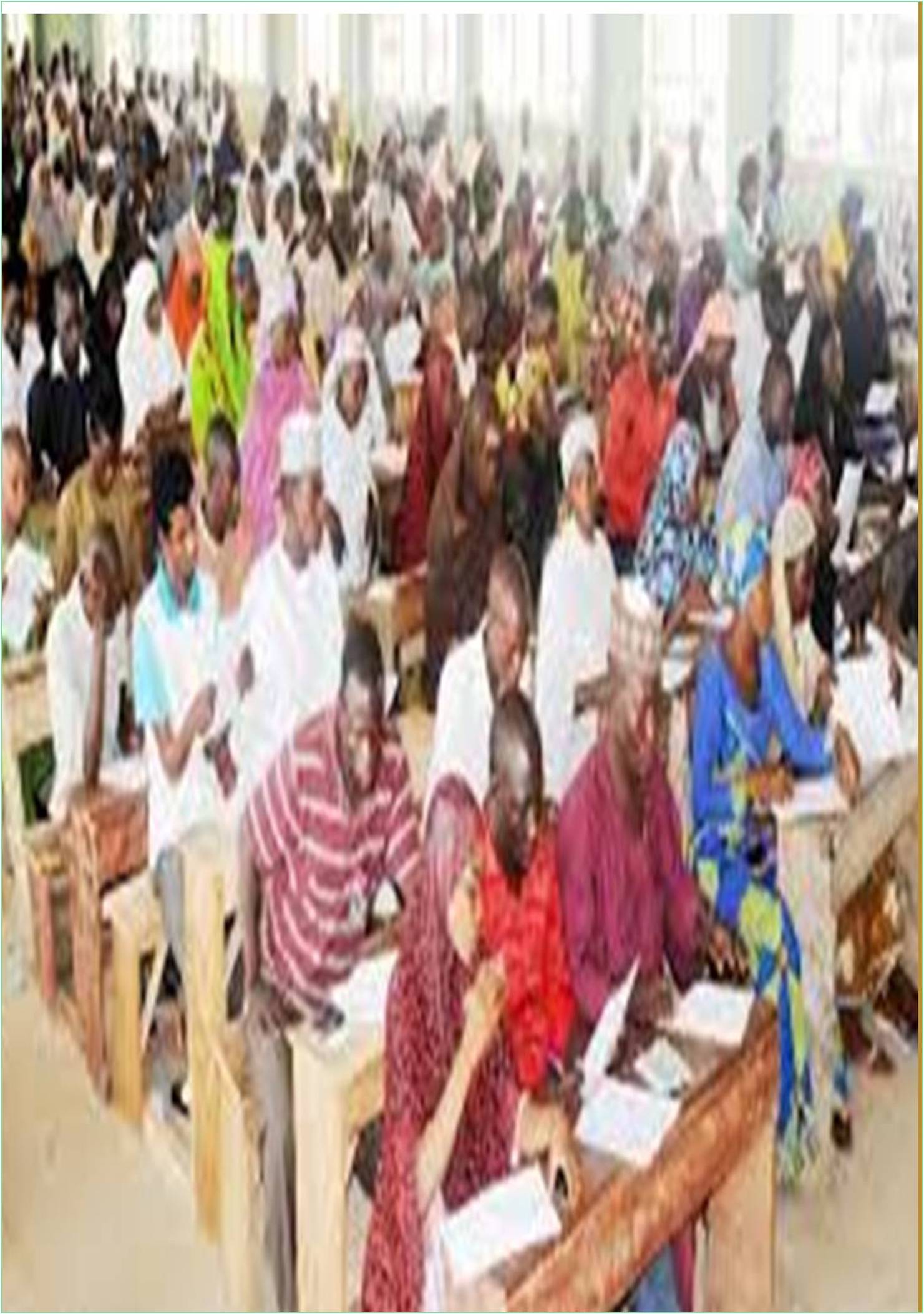



Received: 02-Feb-2022, Manuscript No. IJANFE-22-60691; Editor assigned: 07-Feb-2022, Pre QC No. IJANFE-22-60691(PQ); Reviewed: 21-Feb-2022, QC No. IJANFE-22-60691; Revised: 28-Feb-2022, Manuscript No. IJANFE-22-60691(R); Published: 10-Mar-2022, DOI: 10.15651/2437-1882.22.3.026
Adult education is also known as continuing education; any form of learning undertaken by or provided for mature men and women is called adult education. According to 1970 report, National Adult Education Institute (UK and Wales); adult education has completed "all education, voting, struggles, marriages and continuous training cycles for work. Adult education contains different forms such as independent studies (that are intentionally pursued without having a library help), Broadcasting programs and corresponding courses. Group discussions and other mutual assistance learning at research circuits, colloquia, seminars, or workshops, home councils or meetings, and lectures, teacher fully or part-time study in class or courses that play a vital role.
Adult Education Types
Education for technical and professional capabilities: This training is intended to prepare adults for the first work and new job, or keep new development in their work and occupation up-to-date.
Education for health, welfare and family life: Such education includes all types of education such as health, family relationships, consumer purchases, planned parent-child relationships, hygiene, and childcare.
Education for the abilities of citizens, politics and communities: Such education includes all types of education related to government, community development, public and international affairs, elections and political participation.
Education for self-actualization: Such education includes liberal education programs of all kinds, shortterm or long-term, including music, arts, dance, drama, literature, arts and crafts. These programs are primarily for learning purposes, not for achieving the goals contained in other categories.
Special education: Basic education and literacy education such education is clearly a prerequisite for all other types of adult education and is somewhat different in category from other types of adult education.
Mass literacy has different meaning in countries of Asia, Africa and Latin America, the establishment of universal primary education is socially essential while preventing intergenerational gaps in literacy and education, and building an effective school system for young people, the government must endeavor to provide parallel facilities for adults but even in countries with high mature parenting systems, sometimes even more educational opportunities are unequal among different regions, professions and social groups. For example, there are programs for adults to graduate from high school or prepare for exams, usually at the end of middle school.
Adult Education Agencies
Great diversity is found not only between nations, but also within individual nations, the classification of organizations and institutions involved in adult education must be arbitrary. The following are common types that are founded in Denmark and now found in all Scandinavian countries, Folk High School has completed a formal school education and a learning course that usually lasts at least several months for young adults with subsequent work experience, it is a boarding school to do, this study aims to promote both moral and intellectual development and provide an understanding of regional and national traditions and conditions as well. Originally an independent institution is now often sponsored by local educational institutions although it is not reverent to discharge success in its pure form; the Adult Education Centre (AEC) affected the development of the living form of adult education in countries such as Canada, Kenya, India and Netherlands.
Non-resident adult-education centers, which are the most common distributed specialized institutes for adult education and are represented by such organizations as “workers’ academies” in Finland, “people’s high schools” in Germany and Austria, “adult education centers” in Great Britain, and “people’s universities” in Netherlands, Italy, and Switzerland. The distinctive features of these organizations are at least regarding programming, independent of general education authorities; the students take care of their self-development progress and are part of the time that teacher and administrator, volunteers and experts who mainly provide part-time services. Traditionally, these schools do not prepare students for exam, and do not provide training courses with advanced occupational skills; this curriculum usually includes practical and domestic crafts, art, music, dramas, family and social problem solutions, modern languages, and instructions for enhancing primary and secondary archives.
Agricultural extension services, mostly American developments are implemented on a scale that deserves individual mention. USDA is an advisory service that provides agricultural, national, and public affairs in all states in United States.